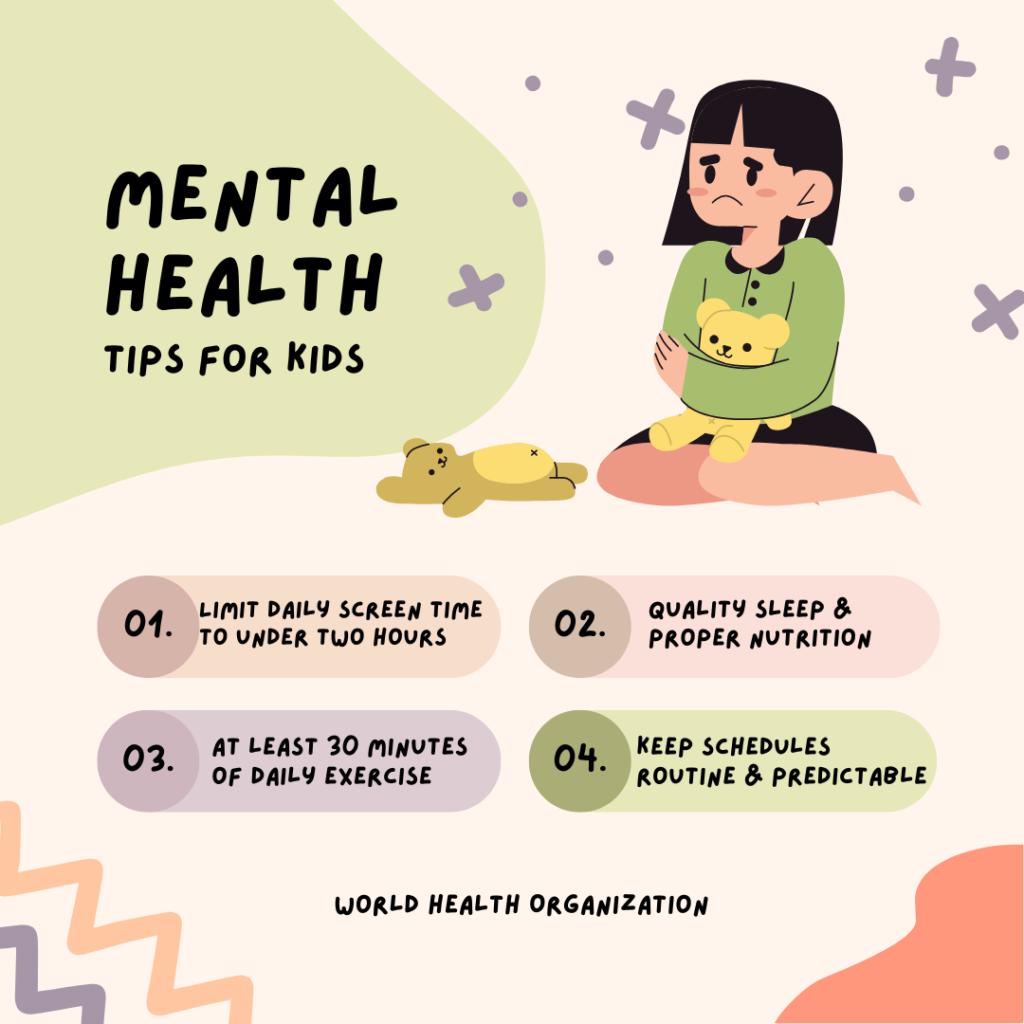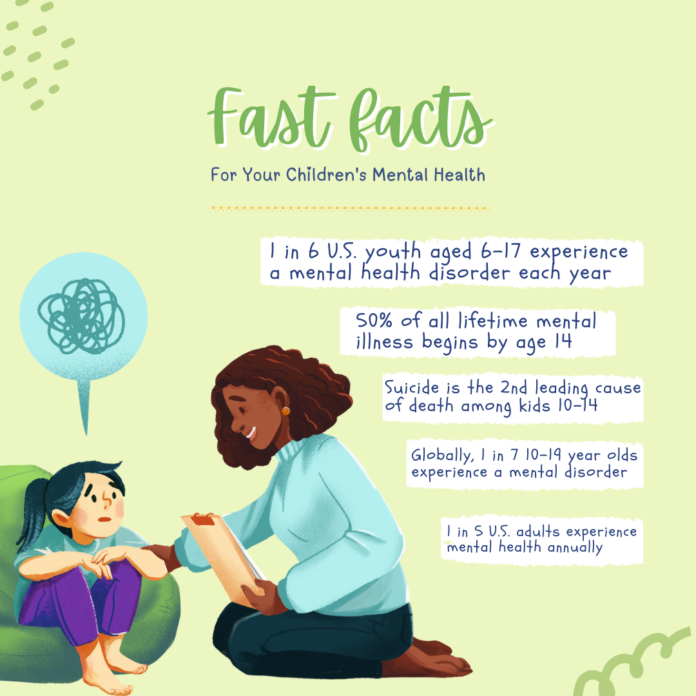Red flags, tips for anxiety, depression in children
In my pediatric mental health practice, this is the time of year I see an increase in anxiety and depression in my patients. For many children, and for parents, as well, back to school can be a stressful time – full of anxiety and depression.
It is important parents recognize the signs and symptoms of anxiety and depression, as well as know what to do if they suspect their child is experiencing anxiety and depression.
The first step, which is key, is recognizing the signs and symptoms of anxiety and depression that should raise red flags. This is when it’s time to investigate a conversation with your child.
Some of the more common red flags are:
- Isolating – spending a lot of time alone in the room
- Not enjoying things that they have enjoyed in the past
- Decrease in motivation
- Drop in school grades
- Irritability/anger, easily upset and frustrated
- Continuous worrying
- Continuous complaints of stomachaches, headaches, body aches and fatigue
- Hard time concentrating and focusing
- Restlessness
- Difficulty with sleeping or eating
- Or any change in behavior that is not typical of your child

If your child exhibits some of these red flags and you suspect they have anxiety or depression, you should talk with your child, be honest about your concerns and listen to their concerns. Here are a few tips to help ease anxiety and depression.
MOST important: Talk with your child and listen, validate their thoughts and feelings, saying “don’t worry” or “it will be ok” may cause them to shut down and stop talking with you
- Limit screen time to no more than two hours a day and not two hours prior to bedtime
- Limit and monitor social media – this is a huge source of anxiety and depression in children/teens
- Make sure your child is getting enough quality sleep
- Make sure they are getting proper nutrition and eating regularly
- Keep schedules as routine and predictable as possible
- Do a form of activity or exercise daily – at least 30 minutes
If you continue to have concerns, reach out to their primary care provider to discuss your concerns. Mental health is just as import, if not more important as physical health. If you really think about it, the brain is responsible for everything you do and say, so why do we hesitate to take care of it?
YOUR CHILD’S MENTAL HEALTH MATTERS!
Source: American Academy of Pediatrics





















